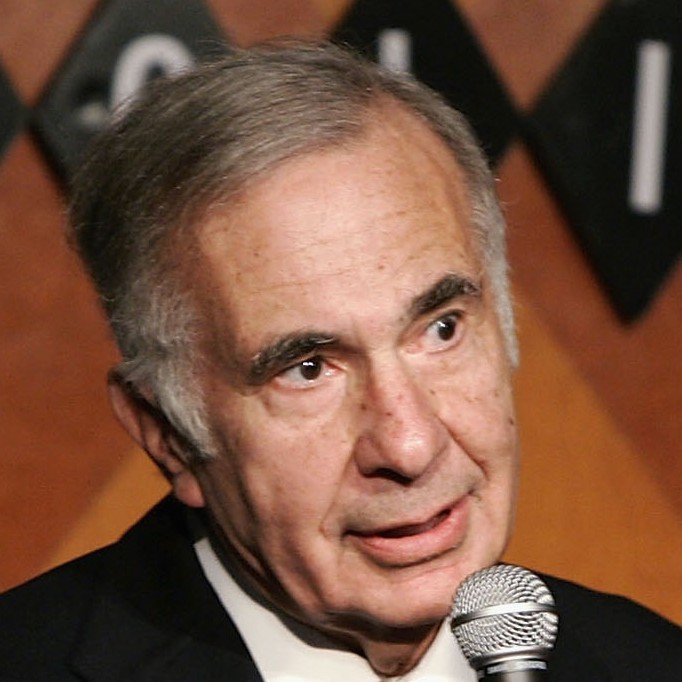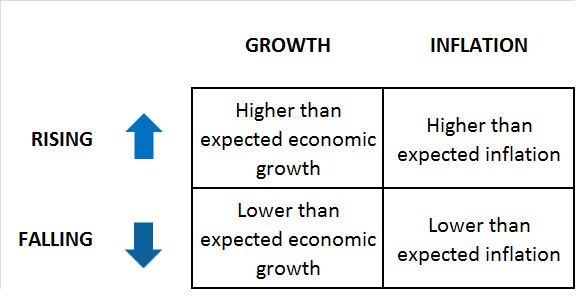Activist Investors Too Much of a Good Thing Money Masters
Post on: 8 Апрель, 2015 No Comment

By Vahan Janjigian
The modern corporation is characterized by a dispersion of ownership, and a separation of ownership and control. In other words, corporations typically have a large number of shareholders (frequently numbering in the thousands) each of whom owns a relatively small piece of the company. Furthermore, the owners of the corporation (i.e. the shareholders) typically play no role in the management of the company. Of course, the officers, who do manage the company, probably own some shares, too; yet their most important investment in the company is their labor, not their wealth. As a result, the managers may be more interested in maximizing their job security and their overall compensation than they are in maximizing the value of the stock.
This is why activist investors play an important role. Activists specialize in finding companies that they believe are being mismanaged. Then they purchase a large number of shares with the intention of promoting change. Management cannot easily ignore these investors simply because they take a large stake in the company, they are vocal, and they are often backed by high-priced lawyers and investment bankers. These investors get their voices heard. Sometimes they simply encourage management to take specific actions. Other times, they get their own slate of candidates elected to the board of directors. Whichever course of action they pursue, the idea is to increase the value of the shares.
Ideally, the best way to increase the value of the shares is to make the company better. That typically requires managing it better by expanding into new markets, producing higher margin product lines, and reducing operating expenses. The goal is to drive up the stock price over the long term by increasing sales and profits.
Frequently, however, activist shareholders are not that patient. Frankly, they dont really care about long-run performance. Instead, they want to see the stock price to go up as soon as possible so they can sell at a profit. After they sell, they really dont care what happens to the company. If this is their goal, they might pressure the company to boost cash flows to shareholders either in the form of dividends or share buybacks. Indeed, this is exactly what Carl Icahn recently encouraged Apple Inc. (AAPL) to do. Apple has a hoard of cash. It already paid a decent dividend, yet Icahn wanted to see even more cash being paid out to shareholders as quickly as possible. Paying out more cash now is not necessarily a bad idea; but it doesnt do anything to promote growth over the long run.
For the most part, activist investors have played a constructive role. But in some cases, they can be too much of a good thing. For example, what if their efforts boost the value of the stock only in the short run? What if the company finds that it must forgo profitable investments in the future because it was forced to pay out too much cash in the past?

These are issues that BlackRock CEO Laurence Fink recently raised in a letter he addressed to the CEOs of S&P 500 companies. The Wall Street Journal pointed out that BlackRock is a large passive investor. Approximately 85% of its equity assets are indexed, so it does not have the luxury of selling stock in response to a short-term price jump. It must be more concerned about the long run health of the corporate sector as a whole.
Its about time that one of the most influential investors on Wall Street began talking about these issues. Back in the 1960s when trading costs were high, almost all investors were long-term investors. The average holding period for stocks was about eight years. Starting in May 1975, a change in regulations allowed brokerage firms to compete on price. This helped drive down commissions to just a fraction of what they used to be. The unfortunate consequence is that there are fewer investors and more traders in the market. The average holding period for stocks has plunged to just a few months. If Finks missive relieves some of the pressure to boost stock prices in the short term and gets CEOs and investors to think more seriously about long-run performance, it will have done a lot of good for the health of our economy.














